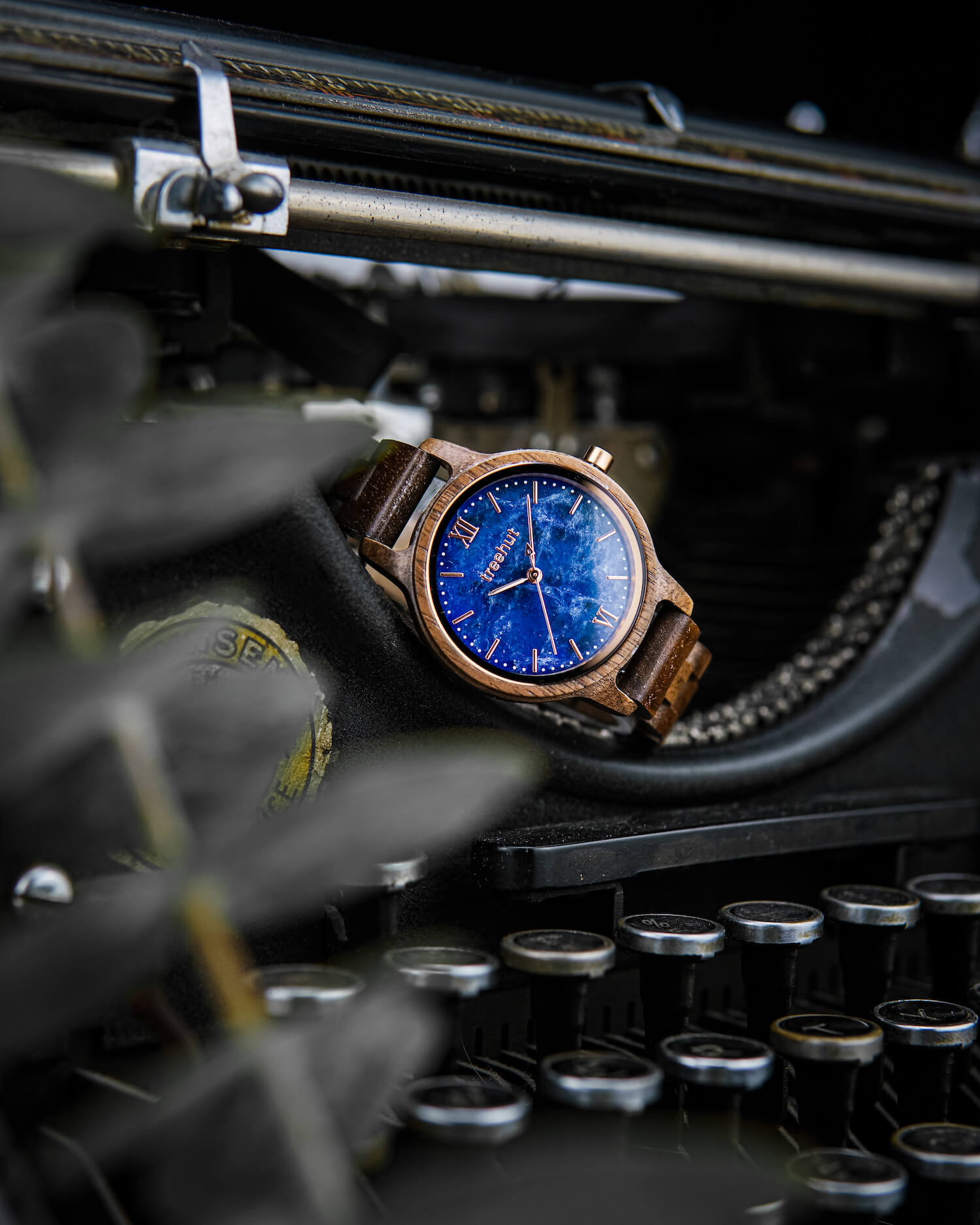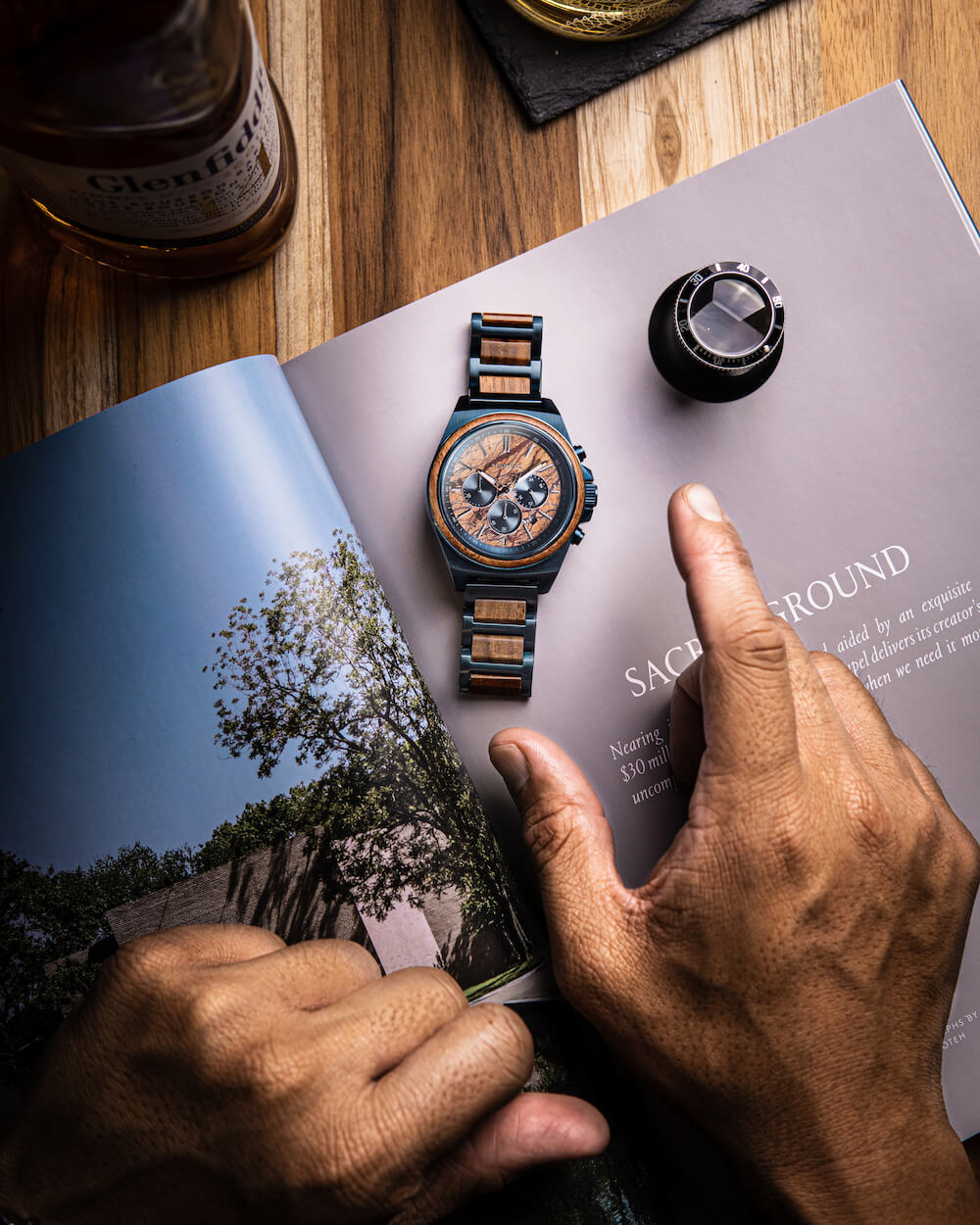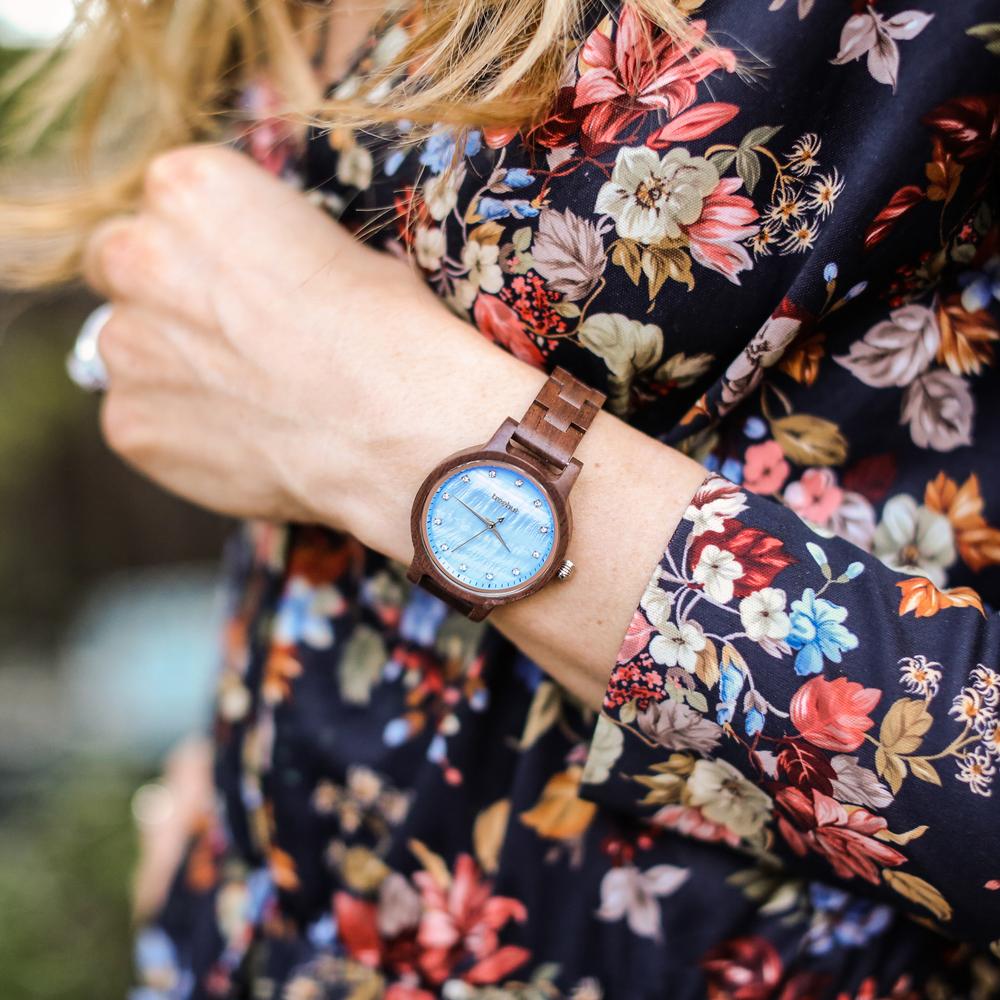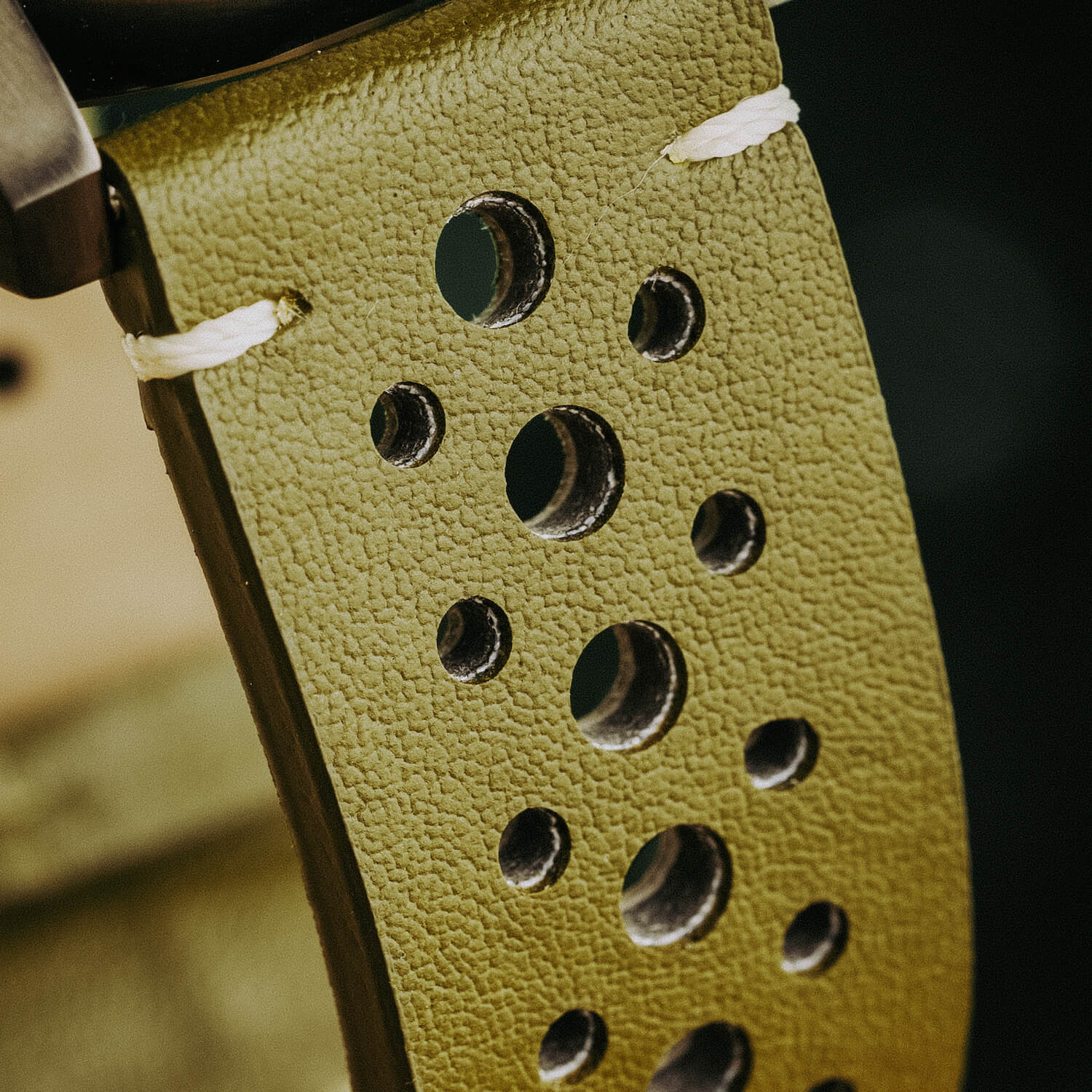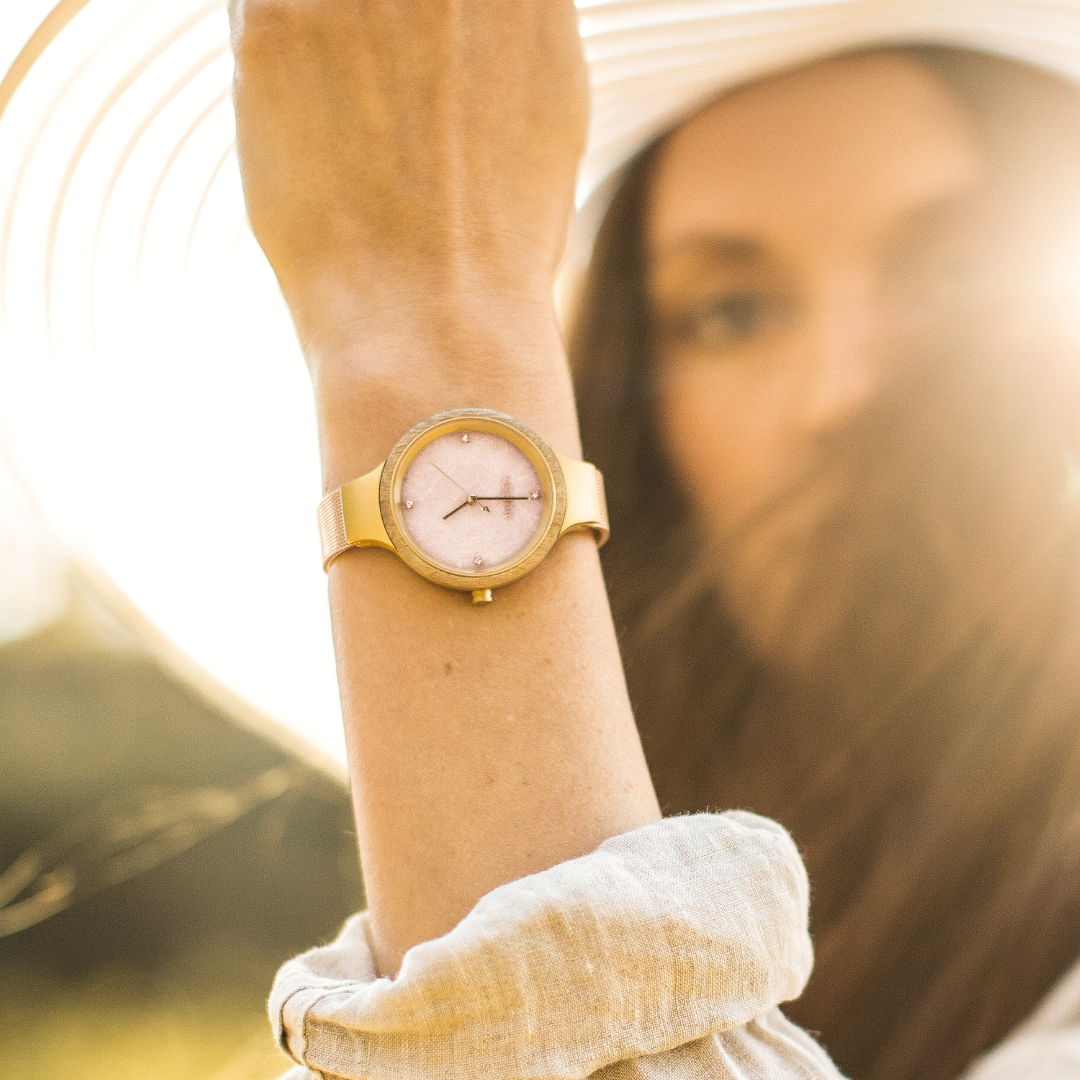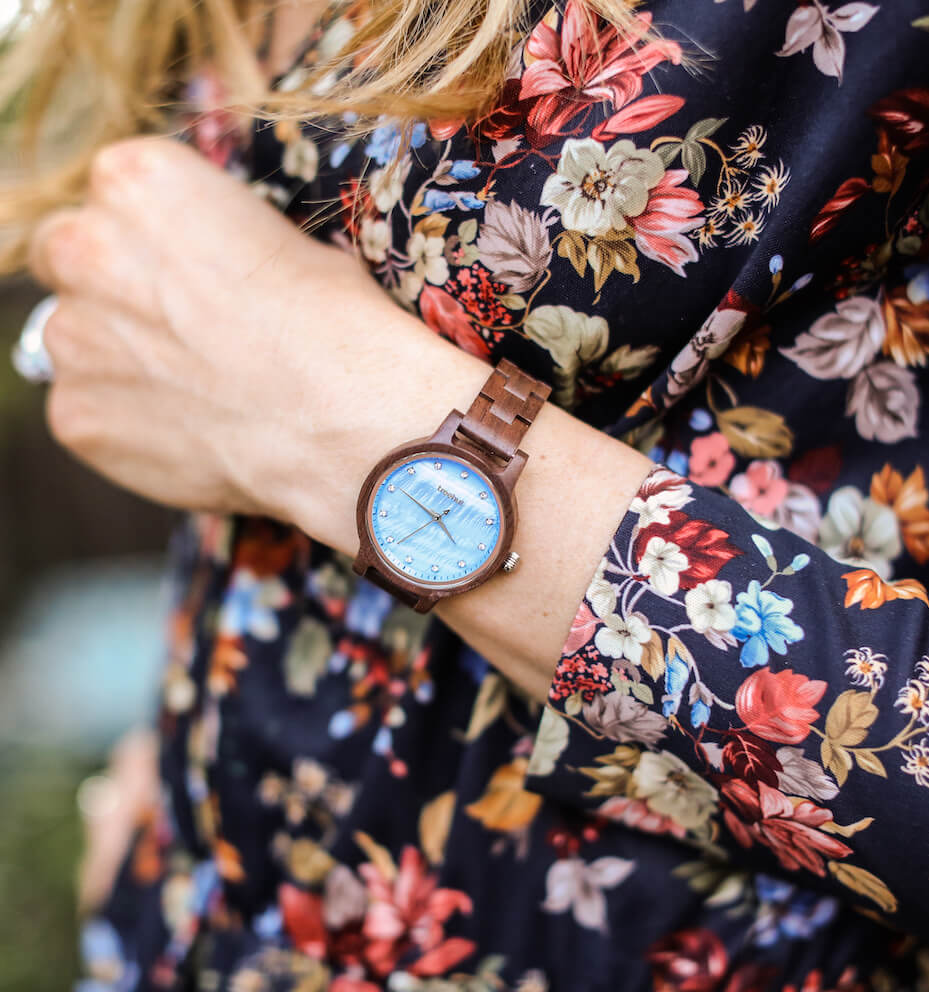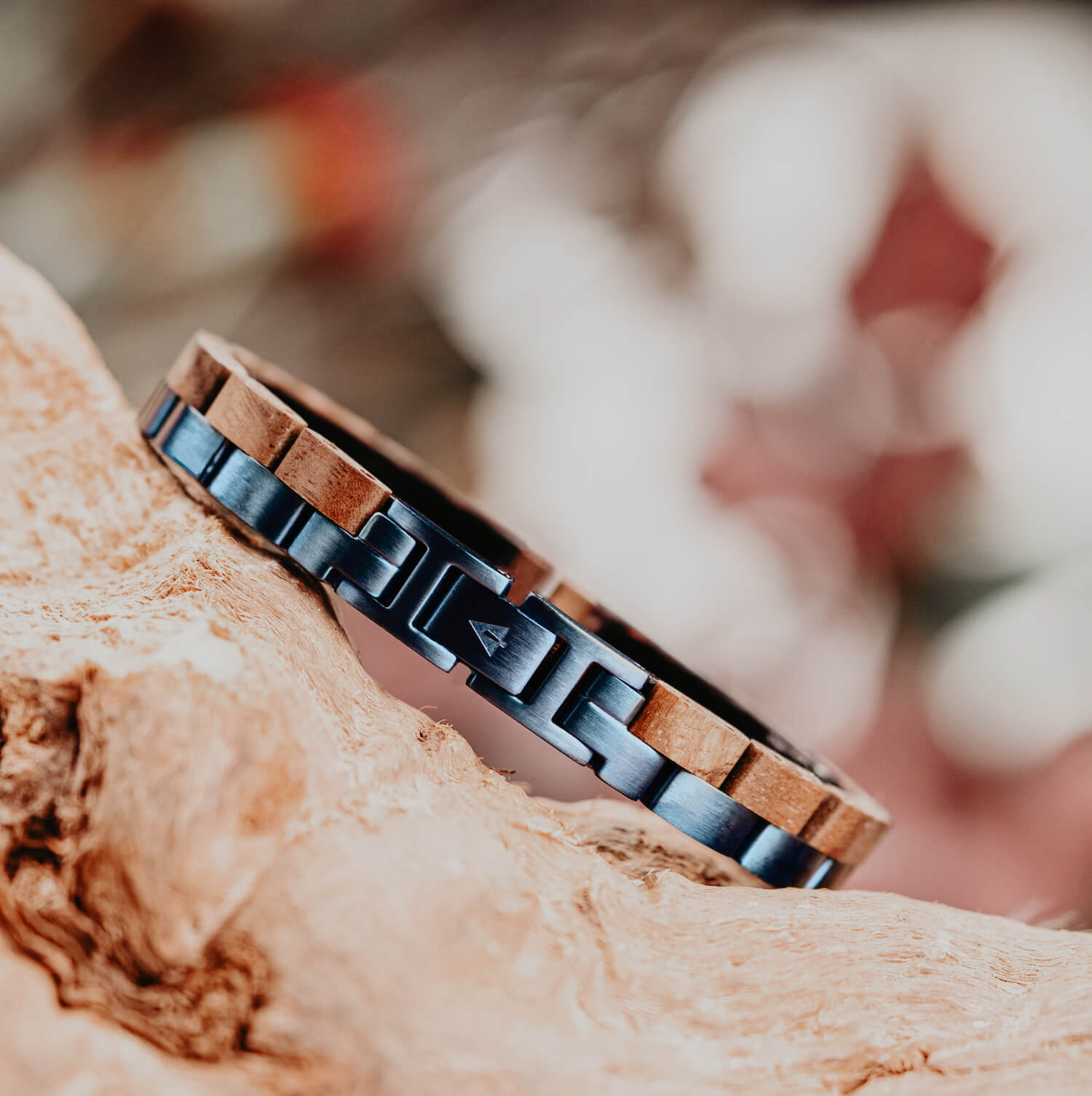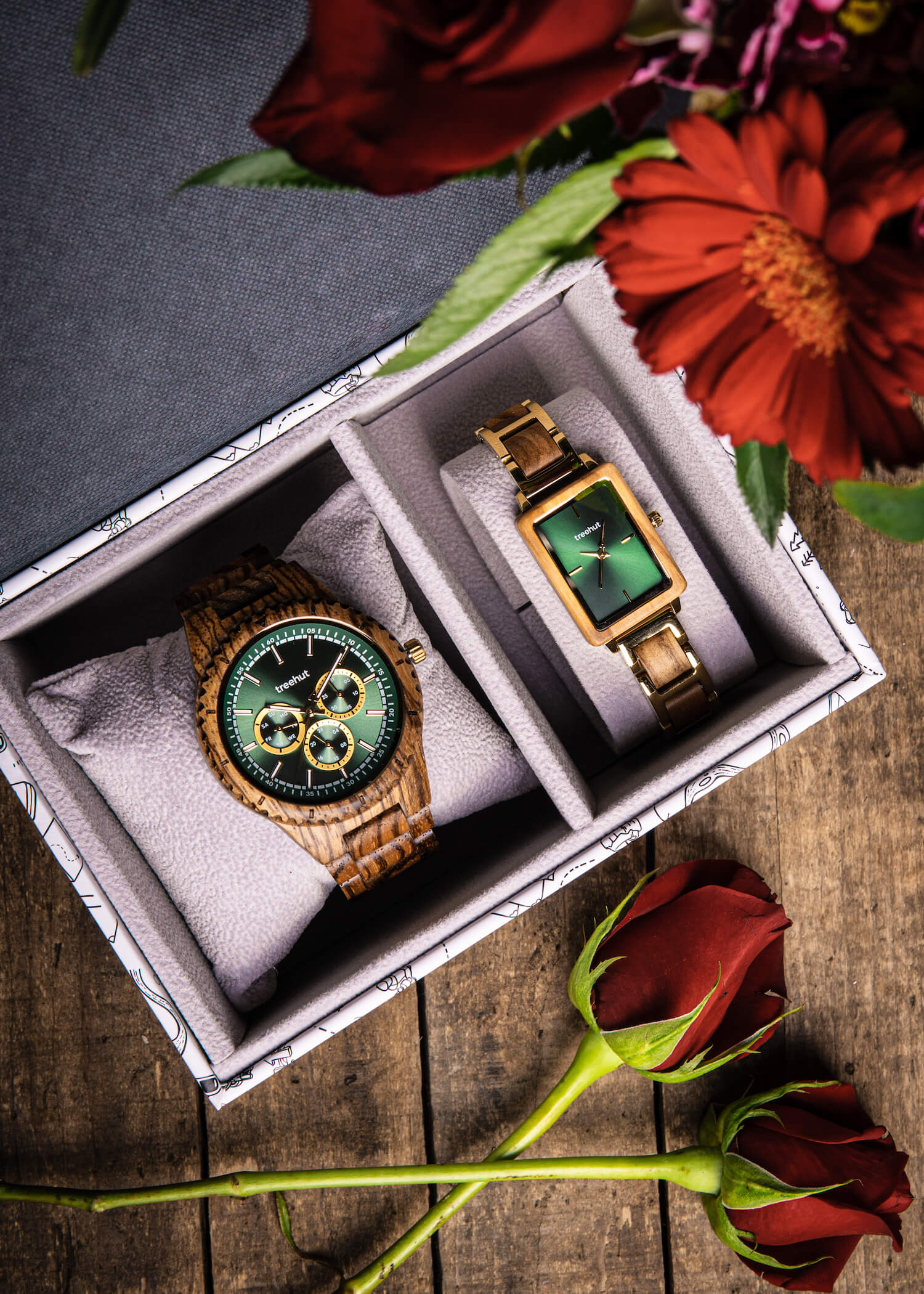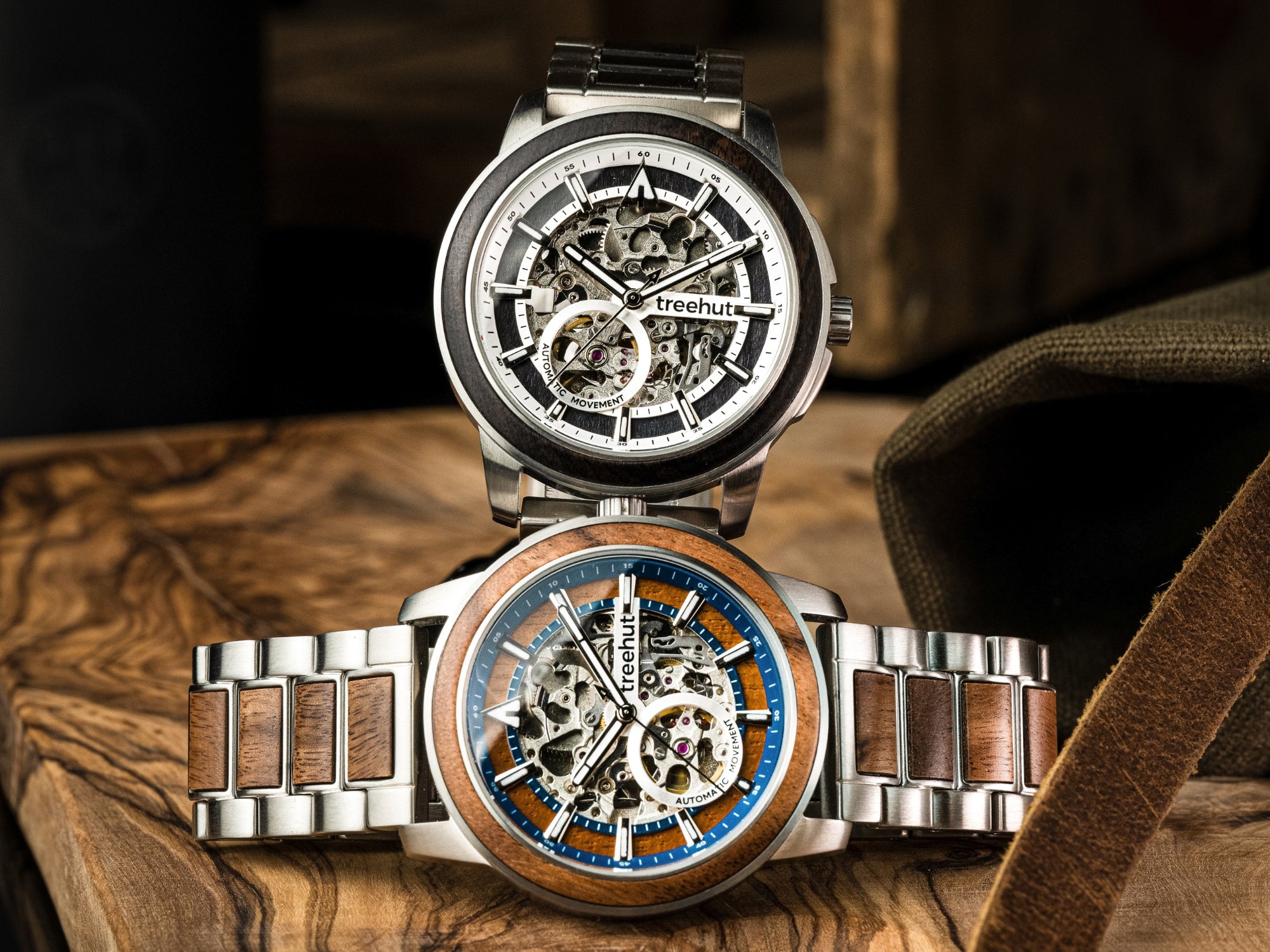Between wanting sunglasses that go with everything and staying on top of trends, the right pair of shades are essential – and wooden sunglasses seem to fit the bill. Whether they are oversized frames, slim silhouettes, or gradient lenses, wood-framed sunglasses can easily match any wardrobe palette. However, several factors come into play when choosing the best types of wood for wooden sunglasses. Treehut lists down the more popular wood types below, so you can pick the perfect fit for your style.
Read More: Best Men’s Wooden Sunglasses for Gifting: A Guide to Choose the Perfect Pair
Bamboo Wood for Sunglasses

Bamboo wood originates from the bamboo plant, renowned for its rapid growth and high sustainability. It generally has a uniform, straight-grained texture, with a lack of rays or visible pores. It is of a pale yellow color, which makes it a more natural and subtle option for different accessories. Although it is not as hard as other types of wood, it has a tensile strength comparable to steel, making it highly durable. Hence, it is one of the best types of wood for wooden sunglasses.
The lightweight material of bamboo sunglasses makes them appealing for those who prioritize comfort. The warm tones are also ideal for everyday wear. Interestingly, bamboo holds particular significance in certain cultures – for instance, it represents modesty, loyalty, and moral integrity according to traditional Chinese culture. Hence, individuals who want to connect with their heritage or express cultural pride may also gravitate towards this wood choice for wooden sunglasses.
Maple Wood for Sunglasses
Maple wood comes from deciduous maples, and its color ranges from creamy white to light yellow or pale tan. The wood grain is typically straight, but there can also be other variations, like the bird’s eye pattern. Even though it is quite lightweight, it is durable when properly treated and coated – making it one of the best types of wood for wooden sunglasses. Maple wood sunglasses offer resistance to wear and tear, making a practical choice for everyday use. This type of wood can also be easily stained, polished, and shaped well, allowing for a range of colors, styles, designs, and other personalized touches.
Ebony Wood for Sunglasses

Ebony wood is derived from the Diospyros genus tree species, which is distinguished by its deep, rich black heartwood and little to no variation or visible grain. Due to its dense and hard composition, it is one of the best types of wood for wooden sunglasses, ensuring durability and longevity.
Moreover, it has a fine texture with high natural luster, which gives a polished and sophisticated appearance. The ebony tree is also known as the million-dollar tree due to its association with low supply and high demand. As it is more expensive than any other type of wood, ebony sunglasses may especially appeal to individuals who value luxury and exclusivity.
Redwood for Sunglasses
Redwood, obtained from the giant of all nature’s plants, is highly sought after for its warm and distinctive reddish-brown hues. It either has a flat-grain feature (appearing wavy) or vertical (appearing straight). The unique variations, coupled with its beautifully figured burls, give redwood shades an organic appearance, making it one of the best types of wood for wooden sunglasses. They specifically appeal to consumers who prefer a touch of rustic charm in their accessories.
Walnut Wood for Sunglasses

Walnut wood is a pretty classy choice for wooden sunglasses due to its rich coloration and smooth finish. The color can range from a lighter brown to a chocolate brown, with dark brown streaks. It is hard, dense, and tight-grained, with different patterns like waves, curls, crotches, and burls.
Walnut is less prone to damage, making it one of the best types of wood for wooden sunglasses. It is also pretty lightweight, so one can wear walnut wood sunglasses for extended periods without them feeling heavy.
Rosewood for Sunglasses
The name of this wood type comes from the sweet, rose-like scent it emits when dried. Although the base color of rosewood is usually always brown, the shades can range from a deep, ruddy brown to purplish or reddish brown. It is richly streaked, with the grains appearing narrowly interlocked. It also polishes well and to a high sheen if desired. Due to its visual and olfactory appeal, it embodies natural elegance and sophistication. Craftsmen and manufacturers often use it to create high-end products like decorative items and accessories. The wood is hard and tough, plus its natural oils contribute to its resistance to abrasion. As it can withstand daily use and outdoor conditions, it is one of the best types of wood for wooden sunglasses.
Zebrawood for Sunglasses

Zebrawood is an exotic hardwood, easily recognized by its contrasting dark and light stripes, which can range from rich golden to dark brown shades. The stripes can be either wavy or somewhat uniform. It has open pores and a fairly coarse texture. Its interlocked grain pattern not only adds visual interest, but also contributes to its strength, durability, and comfort. The sturdiness of this wood enables it to withstand minor impact and external elements. In addition, it usually possesses a moderate to high luster, which can make for impressive finishing. If you are looking to stand out from the crowd, these are one of the best types of wood for wooden sunglasses to consider due to their bold and exotic aesthetic.
Read More: Men’s Polarized Wooden Sunglasses: Where Quality Meets Style
Explore Treehut’s Collection of Wooden Sunglasses
Treehut’s collection is crafted from the best types of wood for wooden sunglasses, with each pair showcasing unique grains and textures that make them truly one-of-a-kind. Featuring subtle yet impactful details, they are statement pieces that add personality to any look. More importantly, Treehut only uses responsibly sourced materials, making these wooden sunglasses an eco-friendly choice.

